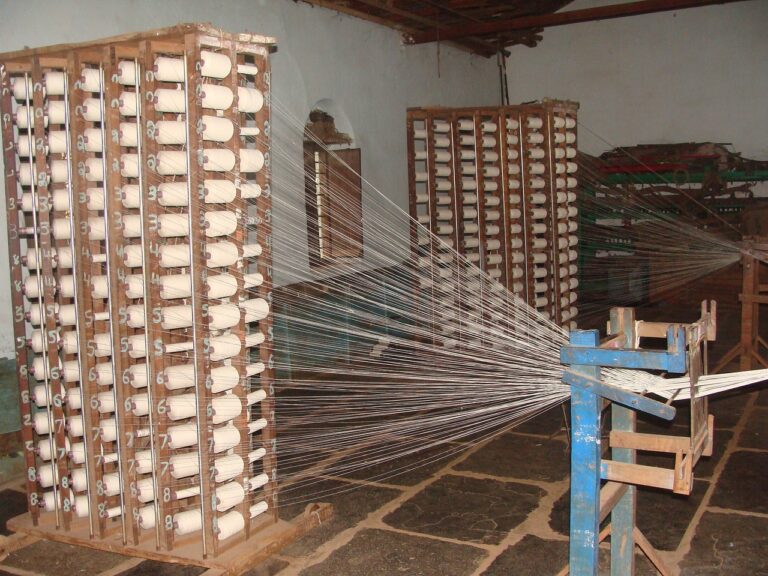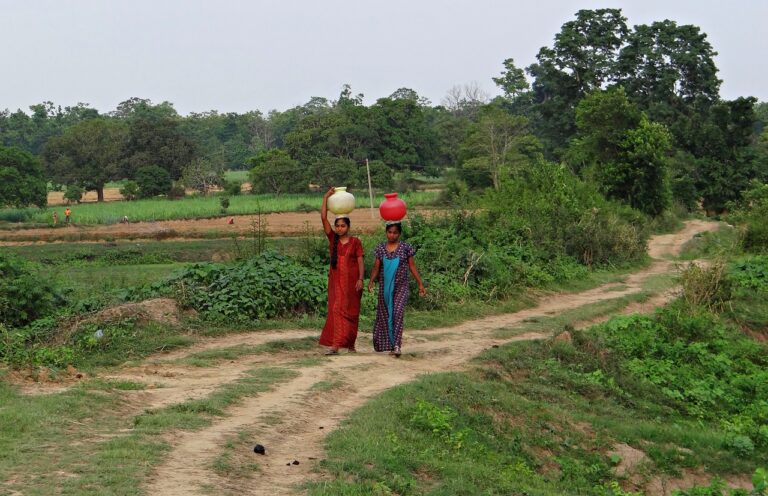The Use of Big Data in Voter Targeting: Betbhai9.com whatsapp number, Playexch app, Lotus 365 login
betbhai9.com whatsapp number, playexch app, lotus 365 login: Managing international election observers can be a challenging task for any country, as it involves coordinating with various organizations and individuals from different parts of the world. These observers play a crucial role in ensuring the transparency and fairness of elections, but there are several challenges that can arise in the process.
1. Recruitment of Observers
One of the first challenges in managing international election observers is the recruitment process. It can be difficult to find qualified and impartial individuals who are willing to travel to another country to observe elections. Organizations responsible for recruiting observers must ensure that they have the necessary skills and experience to effectively assess the electoral process.
2. Training and Briefing
Once observers have been recruited, they require proper training and briefing on the electoral process of the host country. This can be time-consuming and resource-intensive, as observers may come from diverse backgrounds and may not be familiar with the local laws and regulations governing elections.
3. Language and Cultural Barriers
Another challenge in managing international election observers is the language and cultural barriers that may exist between observers and local stakeholders. Communication breakdowns can occur, leading to misunderstandings and conflicts during the observation process. It is essential to have interpreters and cultural mediators on hand to address these issues.
4. Security Concerns
Security concerns are a significant challenge when managing international election observers, particularly in regions with a history of violence or political instability. Observers must be kept safe at all times, and security measures need to be put in place to ensure their protection. This may involve coordinating with local law enforcement agencies and providing secure accommodation for observers.
5. Coordination with Local Authorities
Effective coordination with local authorities is essential for the smooth functioning of international election observers. Government officials and election commission staff must be willing to cooperate with observers and provide them with the necessary access to polling stations and election-related events. Building trust and maintaining good relationships with local stakeholders is crucial.
6. Reporting and Follow-Up
After the election observation mission is completed, observers are required to submit detailed reports on their findings and recommendations. Managing these reports and ensuring that they are accurate, comprehensive, and timely can be a challenging task. Follow-up actions need to be taken to address any irregularities or issues highlighted in the reports.
In conclusion, managing international election observers presents several challenges that need to be addressed effectively to ensure the credibility and integrity of the electoral process. By recruiting qualified observers, providing adequate training and briefing, overcoming language and cultural barriers, addressing security concerns, coordinating with local authorities, and managing reporting and follow-up activities, countries can successfully navigate the complexities of hosting international election observers.
FAQs
Q: What is the role of international election observers?
A: International election observers monitor and assess the electoral process in a country to ensure that elections are conducted freely, fairly, and transparently.
Q: How are international election observers selected?
A: International election observers are typically recruited by reputable organizations such as the United Nations, the European Union, and non-governmental organizations specializing in election monitoring.
Q: Can international election observers interfere in the electoral process?
A: No, international election observers are there to observe and report on the electoral process, not to interfere in any way. Their role is to provide an impartial assessment of the conduct of elections.







